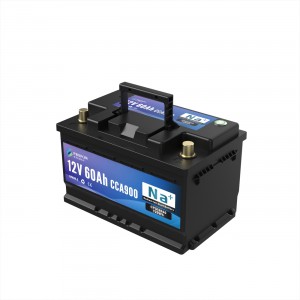Sodium-ion batteries are likely to be an important part of the future, but not a full replacement for lithium-ion batteries. Instead, they’ll coexist—each suited to different applications.
Here’s a clear breakdown of why sodium-ion has a future and where its role fits in:
Why Sodium-Ion Has a Future
Abundant and Low-Cost Materials
-
Sodium is ~1,000x more abundant than lithium.
-
Doesn’t require scarce elements like cobalt or nickel.
-
Cuts costs and avoids geopolitics around lithium supply.
Improved Safety
-
Sodium-ion cells are less prone to overheating or fire.
-
Safer for use in stationary storage or dense urban environments.
Cold-Weather Performance
-
Works better in sub-zero temperatures than lithium-ion.
-
Ideal for northern climates, outdoor backup power, etc.
Green & Scalable
-
Uses more environmentally friendly materials.
-
Potential for faster scaling due to raw material availability.
Current Limitations Holding It Back
| Limitation | Why It Matters |
|---|---|
| Lower energy density | Sodium-ion has ~30–50% less energy than lithium-ion → not great for long-range EVs. |
| Less commercial maturity | Very few manufacturers in mass production (e.g., CATL, HiNa, Faradion). |
| Limited supply chain | Still building up global capacity and R&D pipelines. |
| Heavier batteries | Not ideal for applications where weight is critical (drones, high-end EVs). |
Where Sodium-Ion Will Likely Dominate
| Sector | Reason |
|---|---|
| Grid energy storage | Cost, safety, and size matter more than weight or energy density. |
| E-bikes, scooters, 2/3-wheelers | Cost-effective for low-speed urban transport. |
| Cold environments | Better thermal performance. |
| Emerging markets | Cheaper alternatives to lithium; reduces reliance on imports. |
Where Lithium-Ion Will Remain Dominant (For Now)
-
Long-range electric vehicles (EVs)
-
Smartphones, laptops, drones
-
High-performance tools
Bottom Line:
Sodium-ion isn’t the future—it’s a part of the future.
It won’t replace lithium-ion but will complement it by powering the world’s cheaper, safer, and more scalable energy storage solutions
Post time: Jul-30-2025







